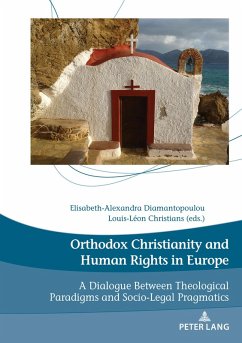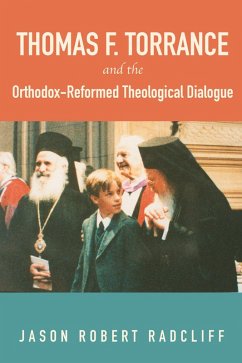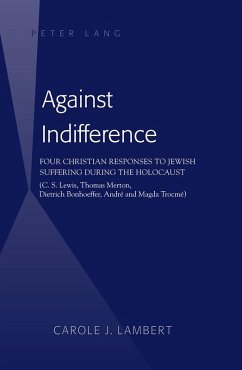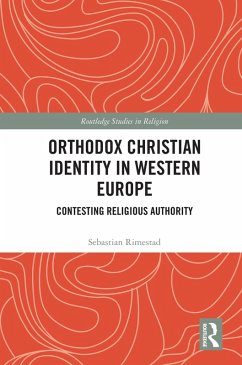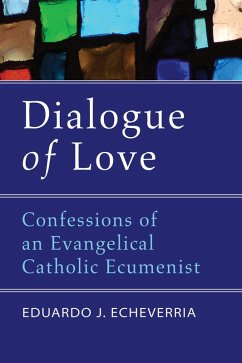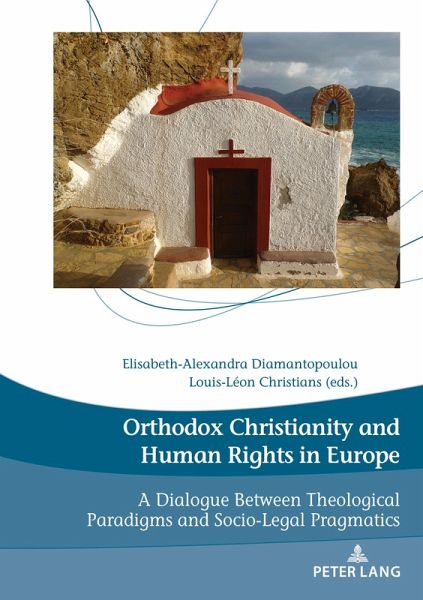
Orthodox Christianity and Human Rights in Europe (eBook, ePUB)
A Dialogue Between Theological Paradigms and Socio-Legal Pragmatics
Versandkostenfrei!
Sofort per Download lieferbar
Statt: 66,55 €**
53,95 €
inkl. MwSt.
**Preis der gedruckten Ausgabe (Broschiertes Buch)
Alle Infos zum eBook verschenkenWeitere Ausgaben:

PAYBACK Punkte
27 °P sammeln!
This collective book aims at examining in what terms, and to what extent, the "reception" of the Human Rights doctrine takes place in Eastern Orthodox countries, as well as in the Orthodox diaspora. A series of questions are raised regarding the resources and theological structures that are mobilized in the overall Human Rights' debate and controversy, the theological "interpretation" of Human Rights within the Eastern Orthodox spiritual tradition, and the similarities and/or divergences of this "interpretation", compared to the other Christian confessions. Special attention is given to the va...
This collective book aims at examining in what terms, and to what extent, the "reception" of the Human Rights doctrine takes place in Eastern Orthodox countries, as well as in the Orthodox diaspora. A series of questions are raised regarding the resources and theological structures that are mobilized in the overall Human Rights' debate and controversy, the theological "interpretation" of Human Rights within the Eastern Orthodox spiritual tradition, and the similarities and/or divergences of this "interpretation", compared to the other Christian confessions. Special attention is given to the various Orthodox actors on the international arena, aside the national Orthodox churches, which participate in the Ecumenical dialogue, as well as the dialogue with the European and international institutions.
Religious freedom, as a fundamental Human right, guaranteed by the European Convention of Human Rights (ECHR), constitutes a key-issue that contributes to broadening the reflections on the overall Human Rights-related problematic between East and West, by shading light on the more complex issue pertaining to the conceptualization and implementation of Human Rights in countries belonging to the Eastern Orthodox tradition.
The present volume studies the diversity that characterizes the Orthodox theological traditions and interpretations regarding Human Rights, not only in terms of an "external", or a "strategical" approach of socio-political and ecclesial nature, but also through a reflexive analysis of theological discourses.
Religious freedom, as a fundamental Human right, guaranteed by the European Convention of Human Rights (ECHR), constitutes a key-issue that contributes to broadening the reflections on the overall Human Rights-related problematic between East and West, by shading light on the more complex issue pertaining to the conceptualization and implementation of Human Rights in countries belonging to the Eastern Orthodox tradition.
The present volume studies the diversity that characterizes the Orthodox theological traditions and interpretations regarding Human Rights, not only in terms of an "external", or a "strategical" approach of socio-political and ecclesial nature, but also through a reflexive analysis of theological discourses.
Dieser Download kann aus rechtlichen Gründen nur mit Rechnungsadresse in A, D ausgeliefert werden.




